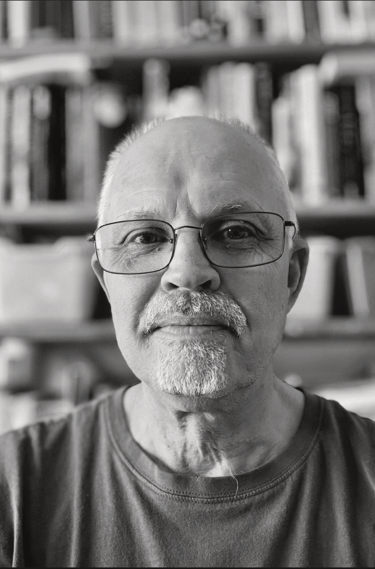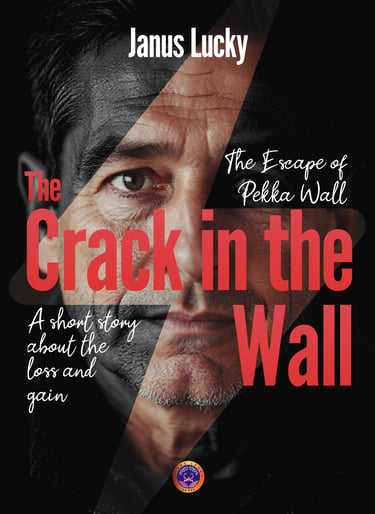Janus Lucky: Scandi Noir Stories with a Finnish Twist
Janus Lucky is a novelist with a flair for murder mysteries and tender coming-of-age tales. Born in Finland, based in New Zealand, and eyeing a cosy cottage in the Cotswolds, he writes with mischief, heart, and a clear love of character.
The Birthmark Murders — Death Is a Cabaret, Old Chum! introduces Pekka Wall, a wry, sixty-something editor who can’t help tripping over secrets. You’ll find links to Amazon, Apple Books and Books.by on the book page; in the Wellington region, pop into Schrödinger’s Books, Petone for a local copy.
Handful is the funny, tender prequel that follows Tuomas through first glances, bad timing, and the courage to be seen.
The Triumvirate Murders — Death as a Business Expense brings Pekka and Tuomas back to a Helsinki glittering with secrets. The Triumvirate Murders is due in December 2025.





